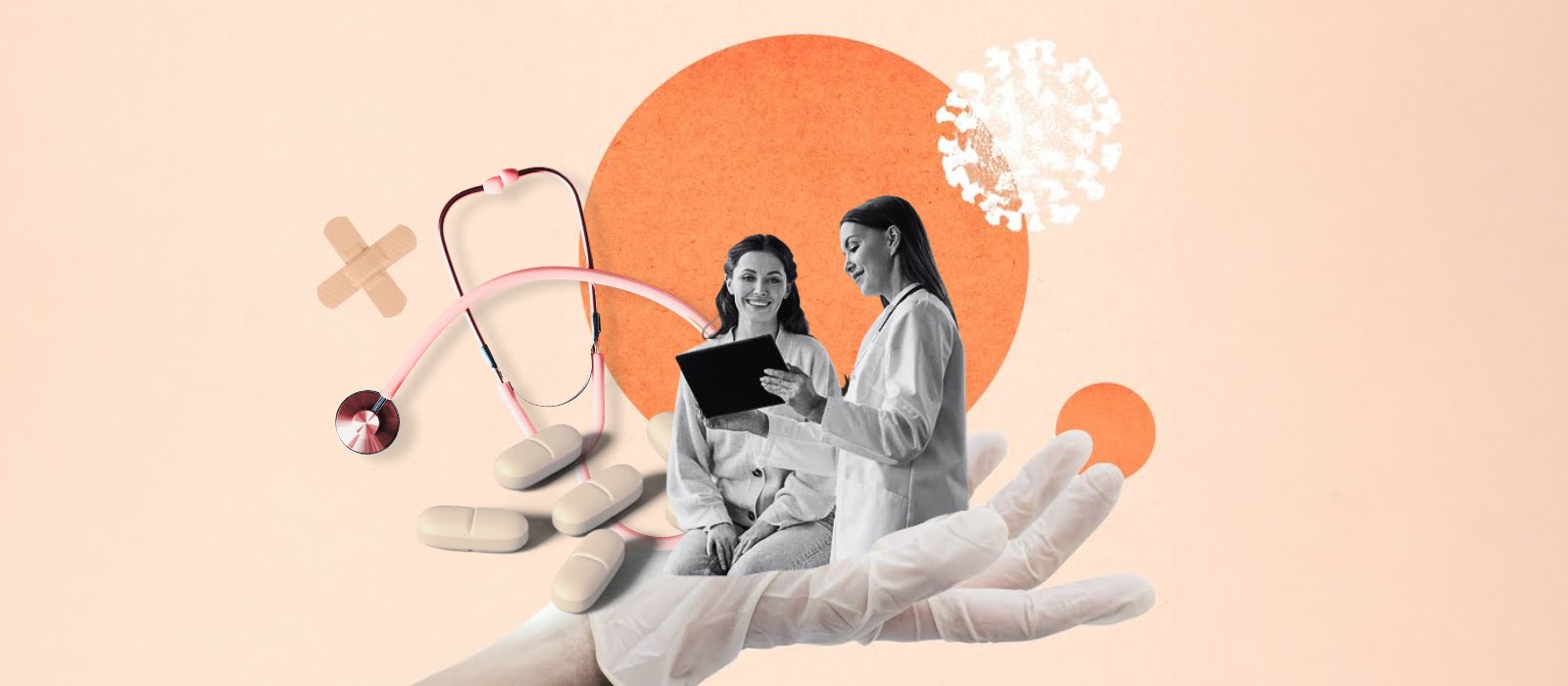Ask the Doctor: ‘Does knuckle cracking cause arthritis in the hands?’
All your burning health questions answered by the professionals.
“I have had a terrible habit of cracking my knuckles since I was a child (now in my late 30s). When I was growing up my teachers and parents always said doing this would result in arthritis. Is this true? Have I guaranteed myself arthritis in my hands as a result of cracking my knuckles over the years and if so, is there anything I can do or take to help slow the damage?”

Answer from Dr Catherine Hughes, Consultant Rheumatologist, Beacon Hospital
This is a very common habit. Studies show that between 25-54% of the population crack their knuckles on a regular basis. Cracking involves lengthening the joint space which in turn reduces the joint intra articular pressure. This causes gases within the normal synovial fluid (normal fluid that lubricates joints) to form tiny bubbles which then coalesce and collapse causing the cracking sound.
The joints that commonly crack include knees, ankles, back, neck and knuckles.
People crack their knuckles for many reasons. Some feel it helps relieve stress, others enjoy the sound, and for others it becomes a hard to shake habit, like fingernail biting or eyelid blinking. Some people find that they experience relief of joint tension and have increased joint mobility for up to 15 minutes afterwards. There is no clinical evidence to support this. Men are more likely than women to crack their joints.
It really is a myth that this will lead to the development of arthritis, and observational studies have not found an increased prevalence of osteoarthritis in people who crack their knuckles compared to those who do not. One doctor in America cracked the knuckles on his left hand twice a day for 50 years. After 50 years no arthritis or joint abnormalities were observed in either hand.
However, other studies have identified an association between knuckle cracking and reduced grip strength and soft tissue swelling. It is possible (but not easy) to cause a joint dislocation or injury to the surrounding ligaments when cracking joints. If you develop sudden immediate joint pain or swelling after cracking a joint, you should apply ice to the area and seek medical advice.
Simple tips to stop cracking joints:
- Address any underlying issues such as anxiety or worries.
- Find other ways to relieve stress (a gym or yoga class, meditation, swimming, listen to your favourite music)
- Squeeze a stress ball to ease tension.
- Become aware of the habit and stop yourself before you do it.
Remember, if you experience persistent joint pain or swelling, seek medical advice.
Have a question for the professionals you’d like answered? Get in touch with sarah.gill@image.ie with the subject headline ‘Ask The Doctor’.
This article was originally published in March 2024.



















